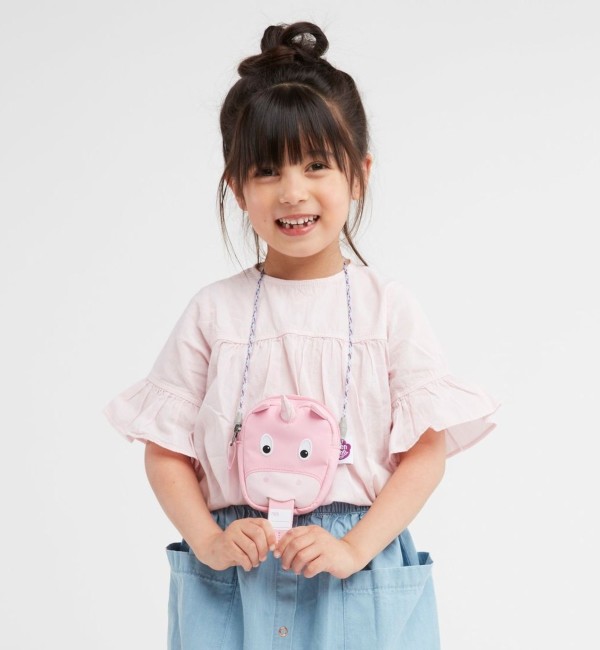How kids learn managing their own pocket money


First curiosity and small purchases
Most children between the ages of three and five develop an initial interest in money. They would like to own a few euros, pay for a small purchase themselves or keep the change in the supermarket. A perfect moment to give them a feeling for handling their money. Experts do not specify a certain age at which this process should begin. It depends entirely on the individual development of the little explorers.
Keep your pocket money safe
In the beginning, most children have no feeling that they have to take care of their money. They know the coins or notes from their shop or board game - they don't always have them in mind.
In real life, it's great for kids to have a place where they can keep their money. A piggy bank, for example, or a wallet suitable for children such as the kids wallets from Affenzahn. This way, the little owners have it ready to hand the next time they want to spend pocket money on their current hearts desire.
How much pocket money at kindergarten age?
In order for children to be able to spend money, they have to earn some - and this is done with pocket money. For the start, experts recommend regularly paying a fixed amount on the same day of the week. Monthly pocket money is too abstract and hard to keep track of for children of kindergarten age.
The German Youth Institute has issued recommendations for the amount of pocket money for various age groups, which can be used as a basis for your own orientation:
- For children under the age of 6, 50 cents to 1 euro pocket money per week would be reasonable
- Children from 6 years should get 1 to 1,50 Euro according to the experts
- For seven year olds 1,50 to 2 Euro would be appropriate
If you are unsure how much pocket money is appropriate, you can also talk to other parents or educators - after all, all parents ask themselves the same questions at some point.
Tips for pocket money for children
Educational professionals have further tips that you could consider for handling pocket money.
- Don't pay the advance: When the pocket money is gone, it's gone - all kids have to have this experience at some point. If you give an advance on next week each time (or just add a few euros), then children will not develop a real understanding of their own "wealth".
- Don't increase pocket money as a reward: Children should be able to rely on regular payments. Pocket money shouldn't be cut if the kids misbehave - nor should an increase be recommended as a reward for particularly good behavior. Small gifts can of course be given independently of pocket money.
- Don't talk rubbish: Even if they want to spend the pocket money of several weeks on an (in your eyes) redundant plush animal or other items - they should be able to make this decision on their own. Your children can decide for themselves how to invest their own money. This is one of the reasons why children get pocket money.





